
Music Business
Majoring in Music Business involves focused study on merchandising, copyright & publishing, and artist management.
.png)
A student's primary area of academic focus in college, typically aligned with their intended career path. At some institutions, it may also be called a "concentration" or "field of study."
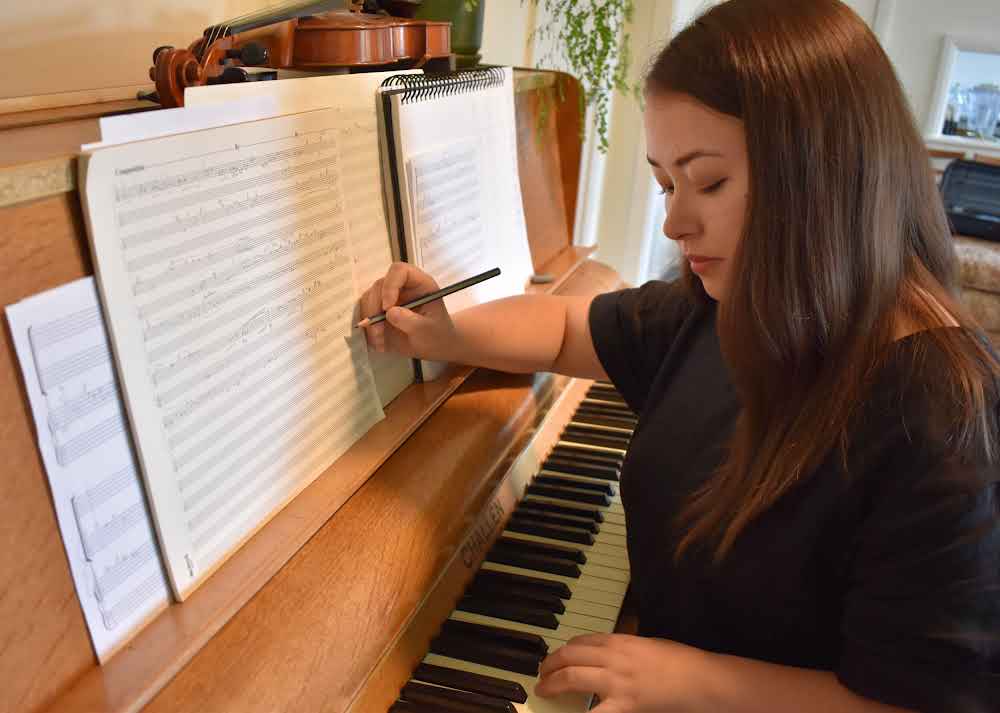

.jpg.webp)
From BA to BM: Speak the Language of College Music Majors (and Sound Brilliant Doing It)
Read Article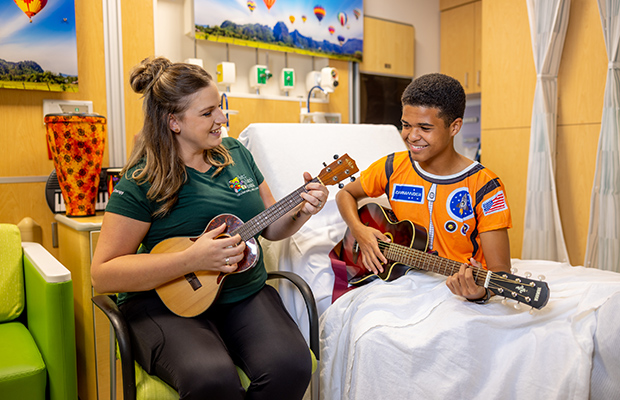
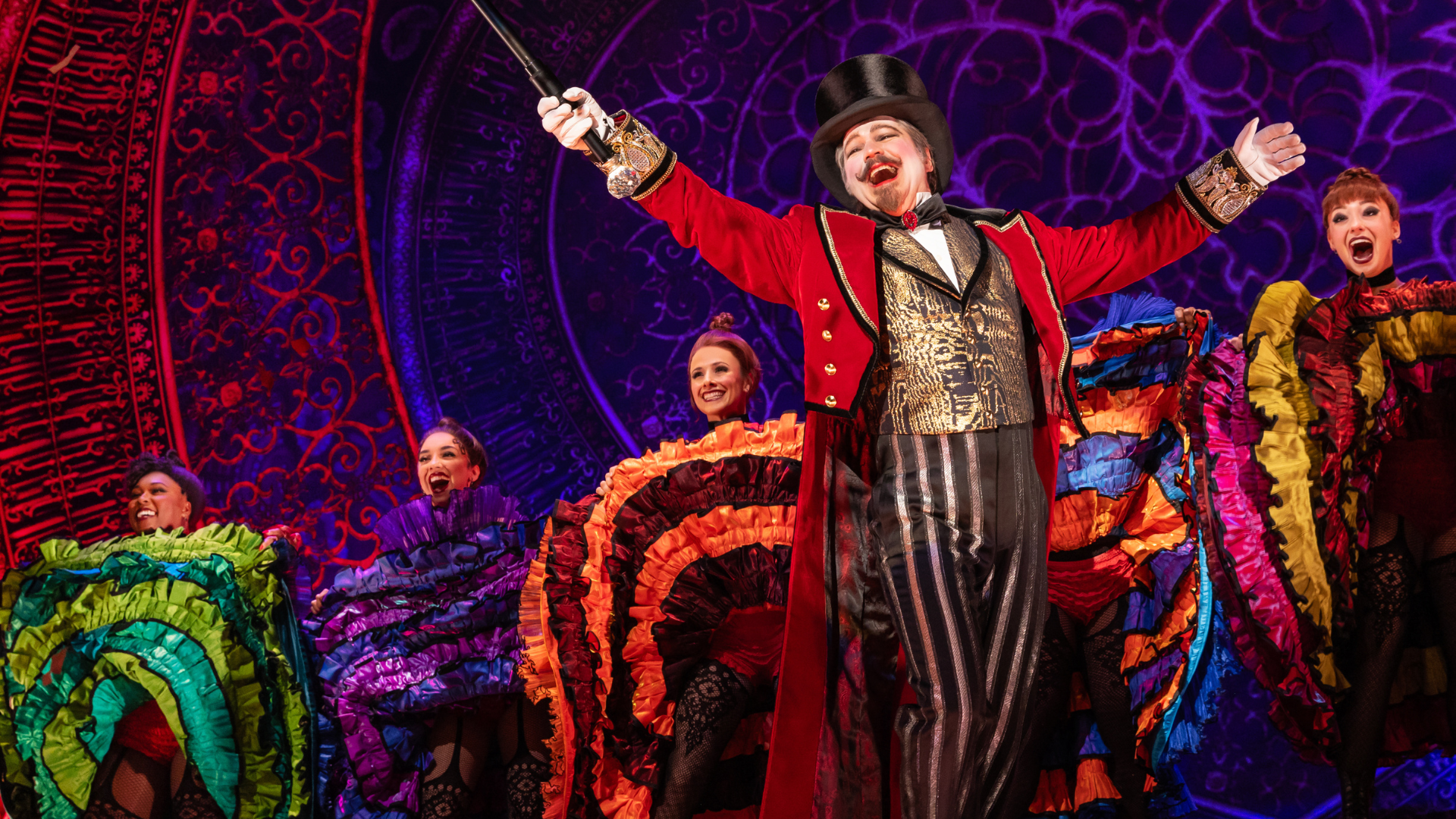

This major combines core studies in music theory, history, and performance with electives outside of music. It is ideal for students who want to double major, pursue interdisciplinary interests, or explore career paths beyond performance—such as artist management, music journalism, or performing arts administration.

Majoring in Music Business involves focused study on merchandising, copyright & publishing, and artist management.

Music Recording Technology focuses on mastering studio tools and collaborating with musicians to achieve the desired sound.
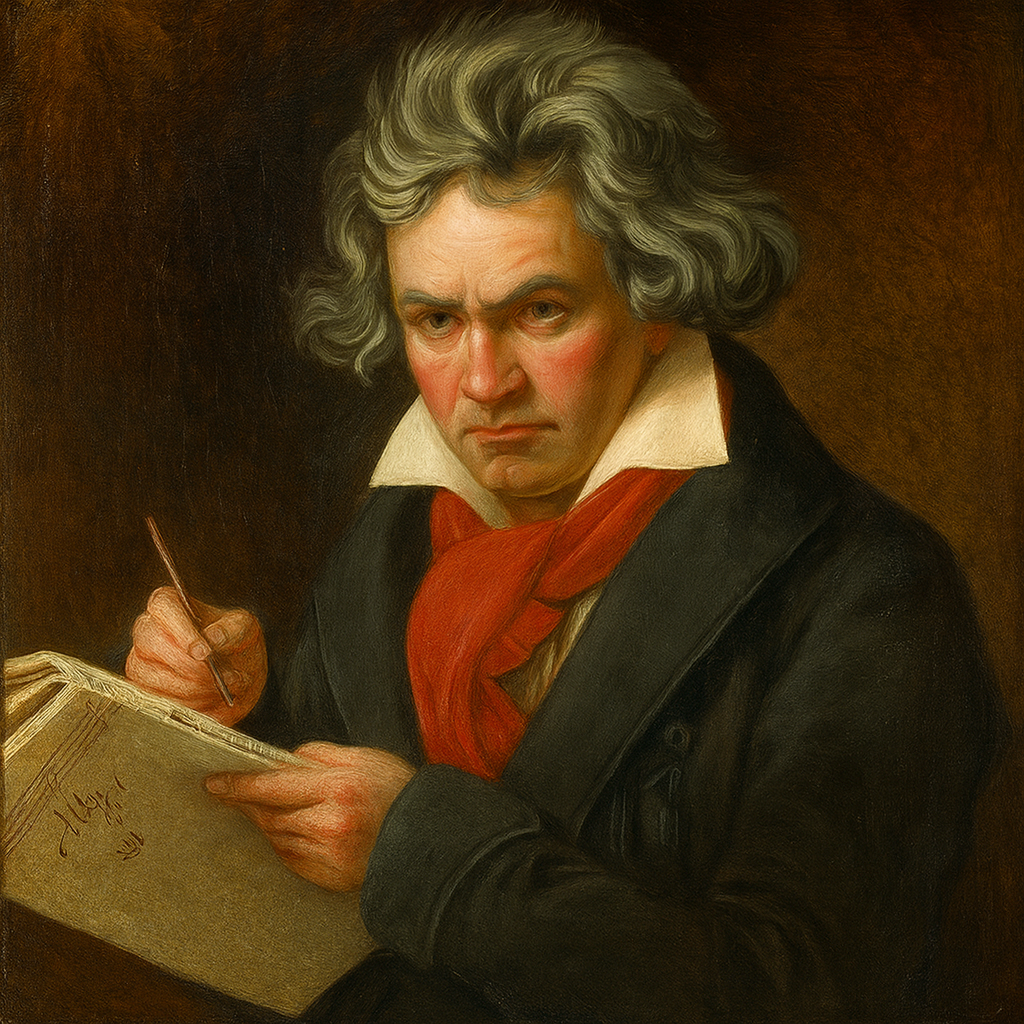
An in-depth study of music across periods and places. Graduates pursue teaching, journalism, archival research, or critique.
-91415.jpg.webp)
Focus on the art and science of teaching piano: technique, repertoire, learning theory, and instructional methods.
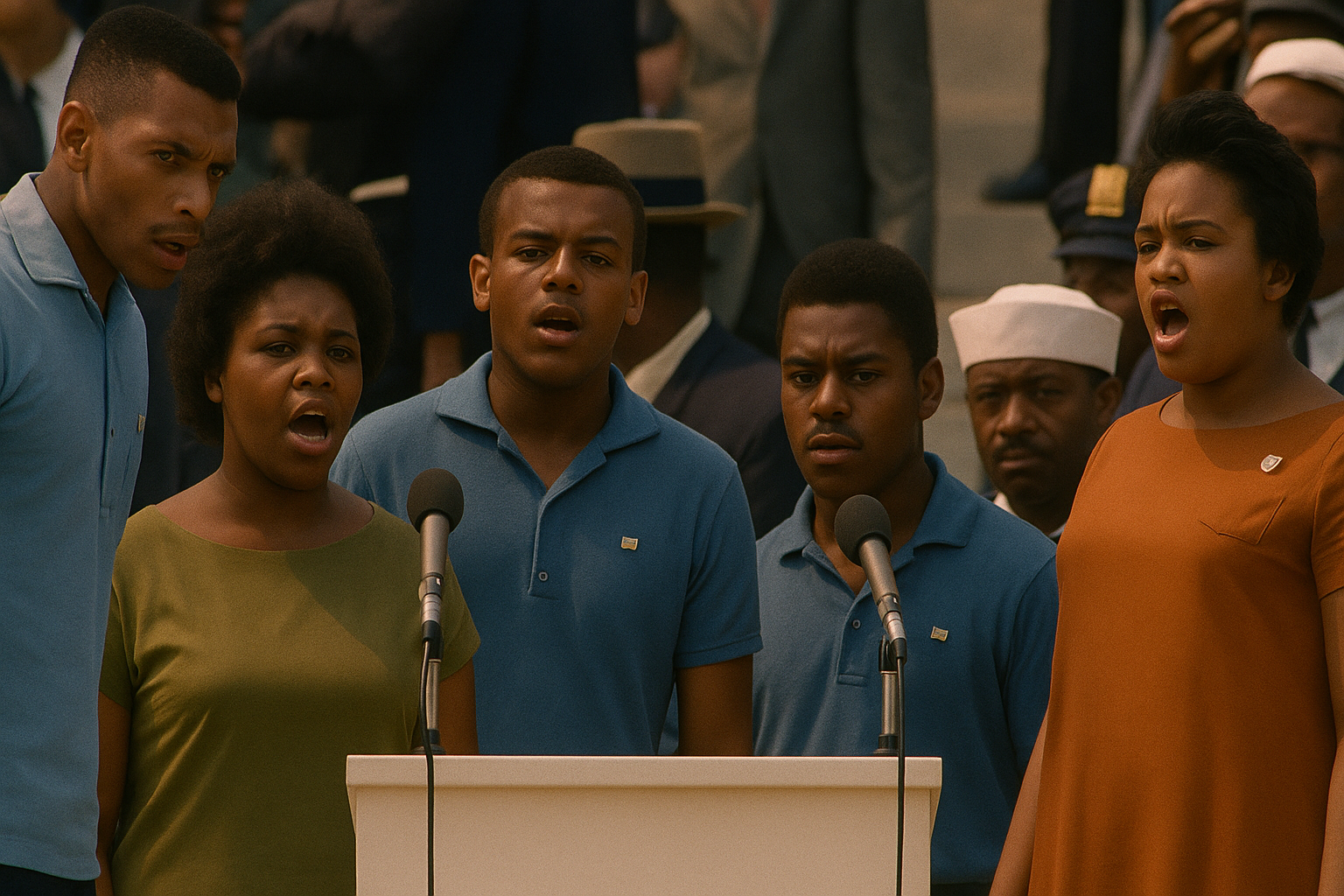
Broad study of music and sound in cultural, intellectual, and historical contexts.

Blend music & CS: AI composition, voice cloning, game audio, instrument design, and music data analysis.
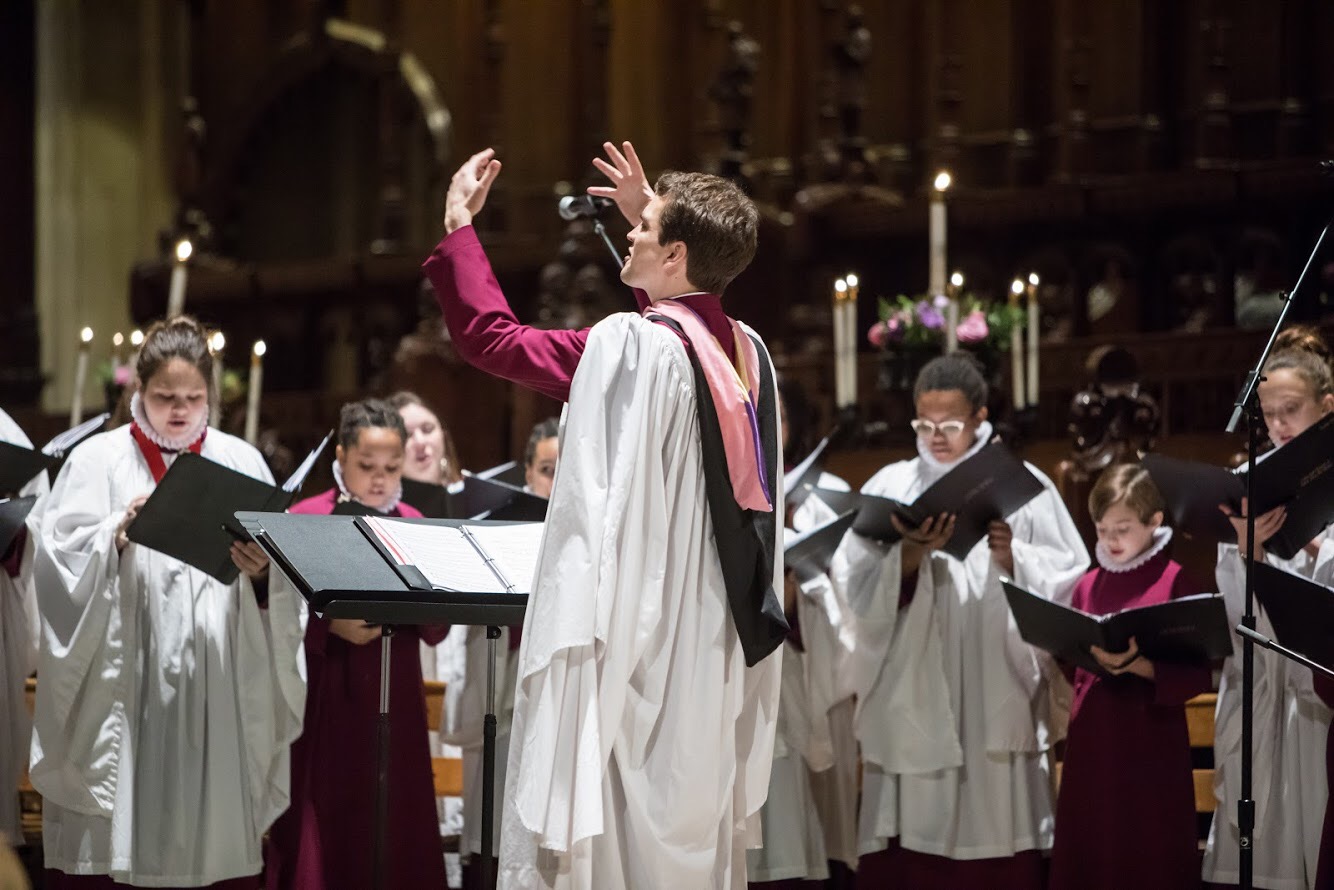
Combines theology, worship leadership, and choral training for service in traditional or liturgical churches.
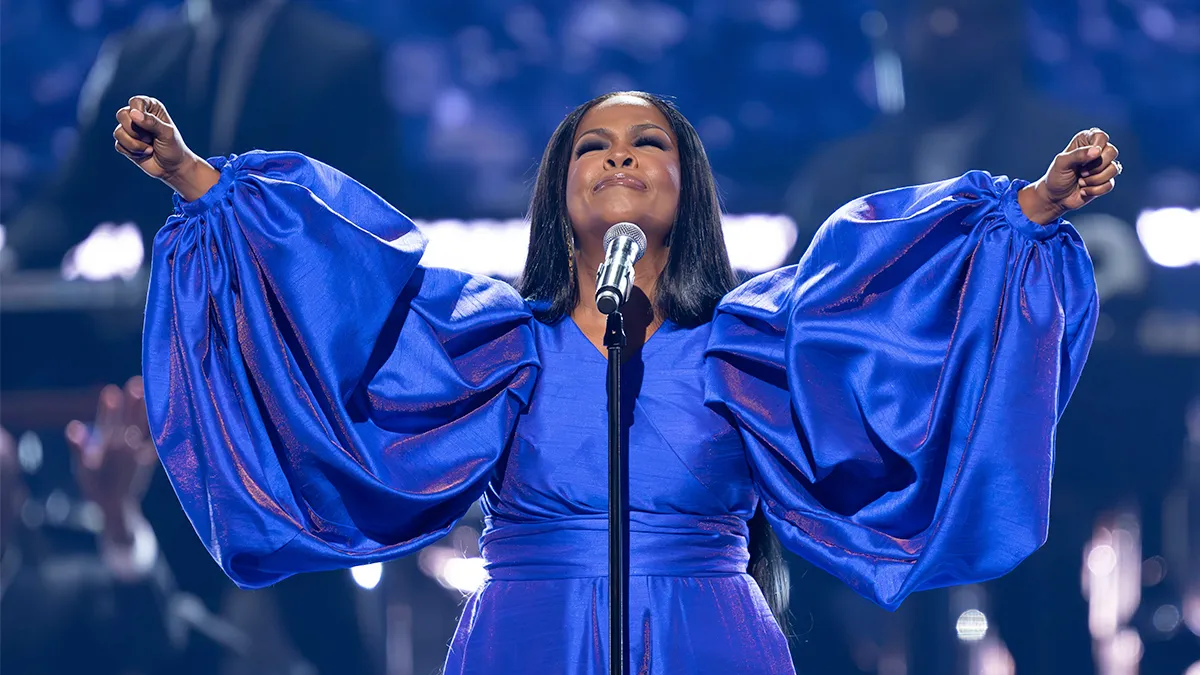
Integrates theological and musical training to equip students as skilled worship leaders for today's contexts.
